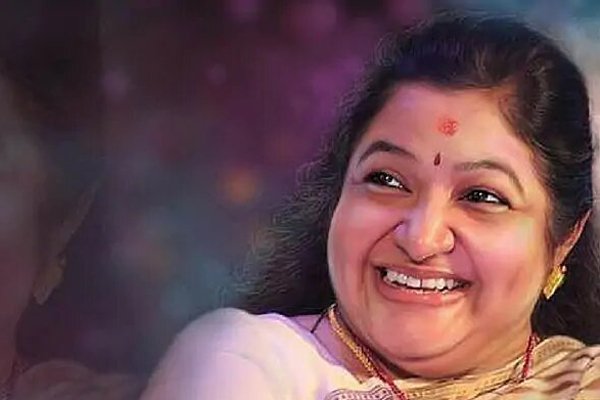Renowned playback singer KS Chithra has found herself at the center of a heated controversy and a simultaneous outpouring of support after posting a video urging her followers to participate in chanting hymns and lighting lamps on the occasion of the Pran Prathistha at the Ram Mandir. While some have praised her spiritual message, others have criticized her for seemingly overlooking the historical context of the Babri Masjid demolition.
In the video, KS Chithra encourages people to recite the Ram mantra ‘Sri Rama, Jaya Rama, Jaya Rama’ and light a five-wick lamp at 12:20 pm on January 22, coinciding with the consecration ceremony in Ayodhya. The singer concludes her message with the phrase “Loka Samastha Sukhino Bhavantu.”
The post has sparked a polarized response on social media, with supporters appreciating the spiritual appeal and critics condemning what they perceive as insensitivity towards the Babri Masjid demolition.
Notable writer Indu Menon expressed her concerns, stating, “Glorifying a cause that led to genocide is cruel, even if it is inoffensive. Even if you kindle five-wick lamps, no light is going to fill your mind.” Singer Sooraj Santhosh joined the criticism, highlighting historical aspects and questioning the innocence of those supporting the event.
Amid the controversy, Union Minister V Muraleedharan came to KS Chithra’s defense, accusing her of being bullied and harassed. He questioned whether chanting Ram’s name or lighting a lamp was a crime in Kerala and criticized the silence of the police on the matter.
State BJP chief K Surendran expressed shock at the attacks on Chithra, alleging that left-jihadist groups were targeting her for expressing her beliefs. He criticized the ruling party in Kerala for allegedly limiting freedom of expression and urged Congress to address the issue.
Singer Venugopal also lent his support to Chithra, calling for forgiveness and understanding of differences in opinions. He emphasized Chithra’s lack of involvement in controversies over her extensive career.
Chithra, a National Award-winning singer with a career spanning over four decades, has unwittingly become a participant in larger debates surrounding historical events, freedom of expression, and religious sentiments. As the online discourse continues, the incident raises important questions about the intersection of personal beliefs, public figures, and the potential consequences of expressing views on sensitive matters.
The controversy surrounding Chithra’s post underscores the challenges public figures face when engaging with religious or politically charged topics, especially in a diverse and socially sensitive country like India. While the singer intended to share a spiritual message in line with her beliefs, the historical context of the Ayodhya issue has fueled a divisive online discussion.
The incident also highlights the power dynamics on social media, where public figures can face swift and intense reactions from both supporters and critics. The line between personal expression and the potential impact on social harmony becomes increasingly blurred, emphasizing the need for sensitivity when engaging in public discourse.
As debates continue to unfold, it remains to be seen how Chithra and other public figures navigate the complex terrain of expressing personal beliefs in a diverse and socially charged digital landscape. The incident serves as a reminder of the nuanced challenges faced by individuals in the public eye and the responsibilities that come with being influential voices in society.
